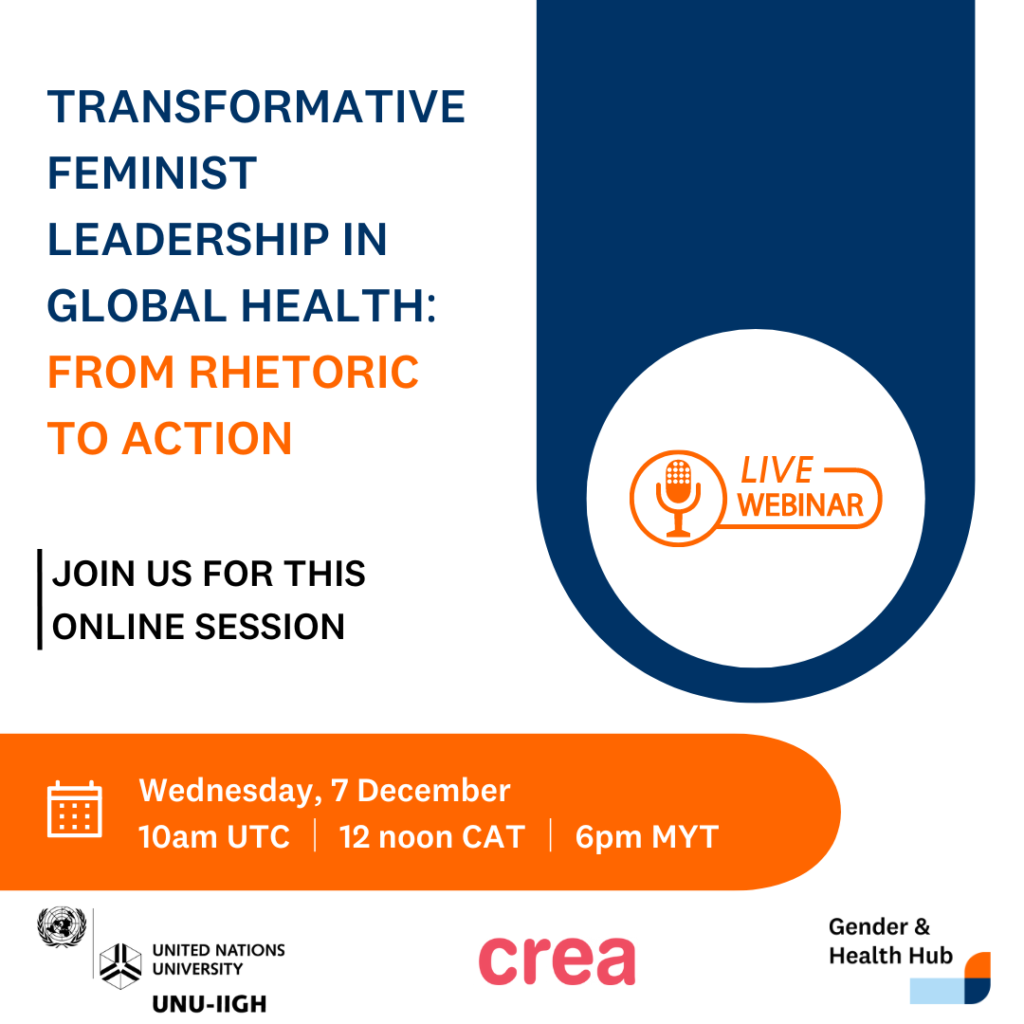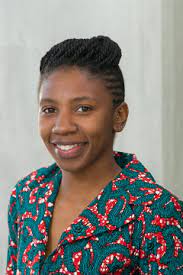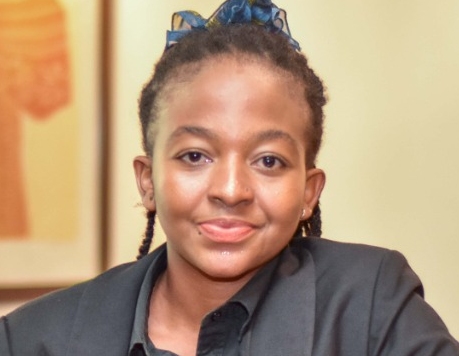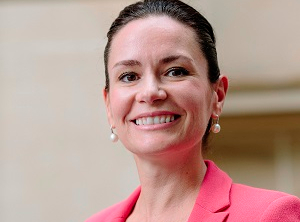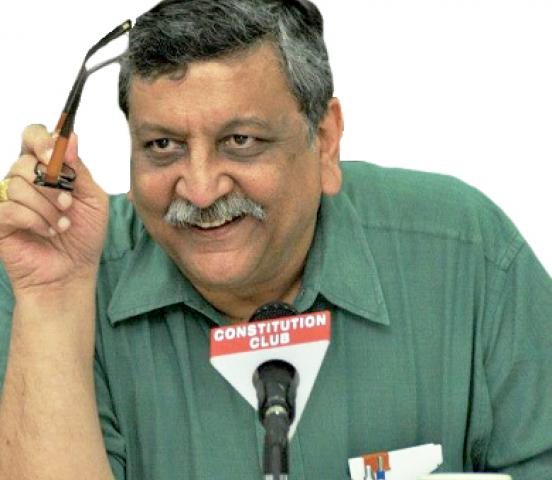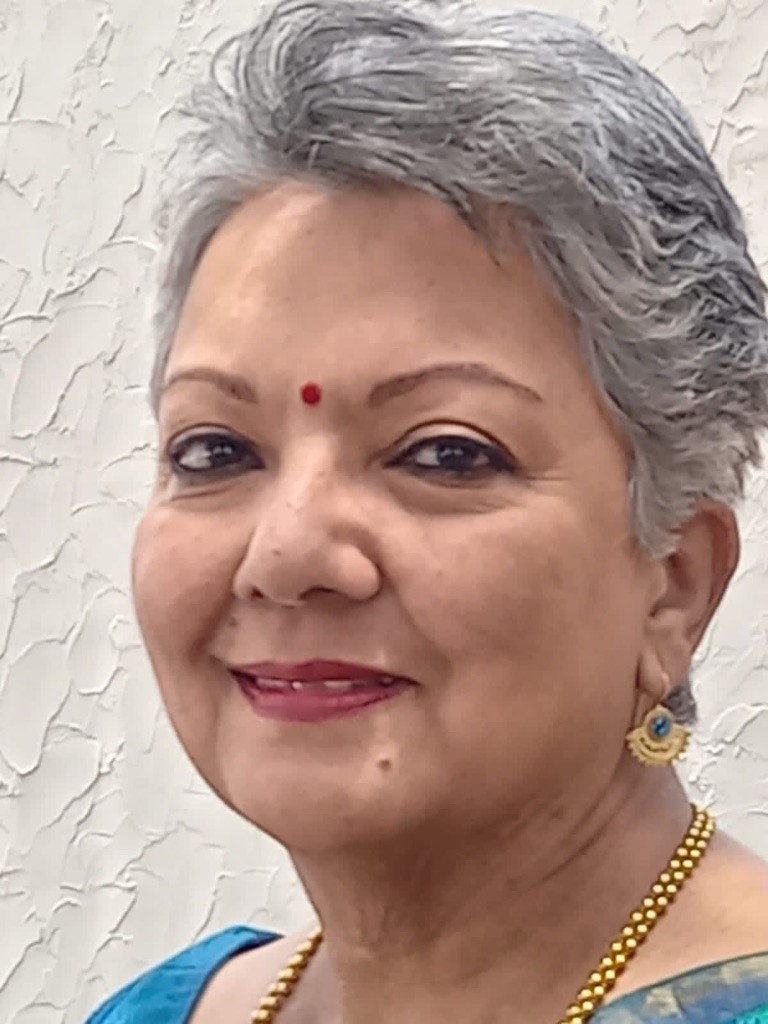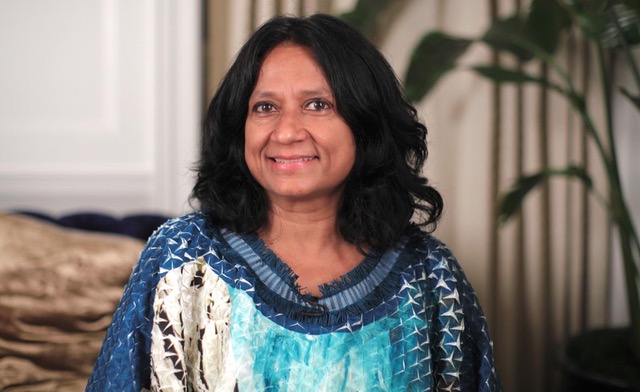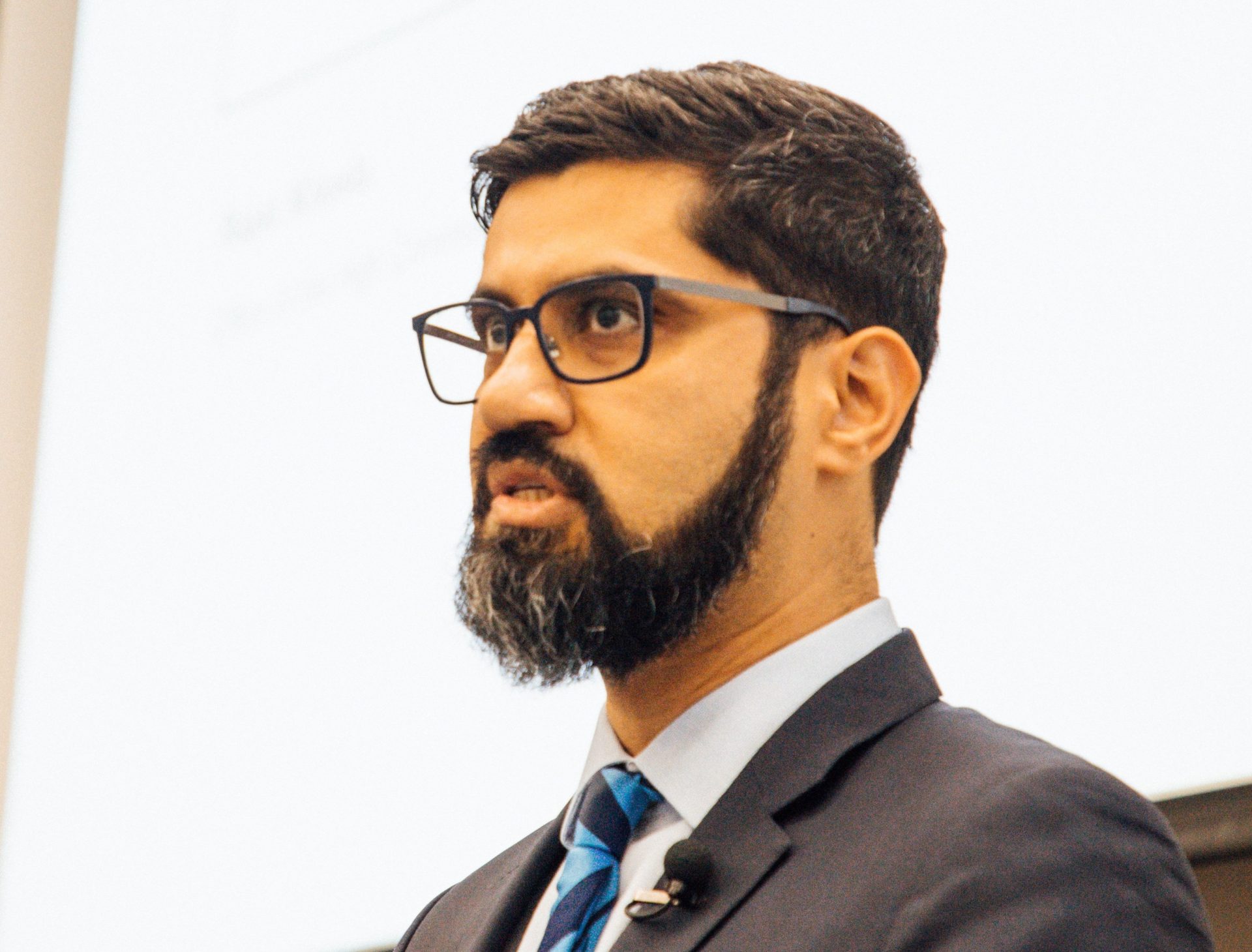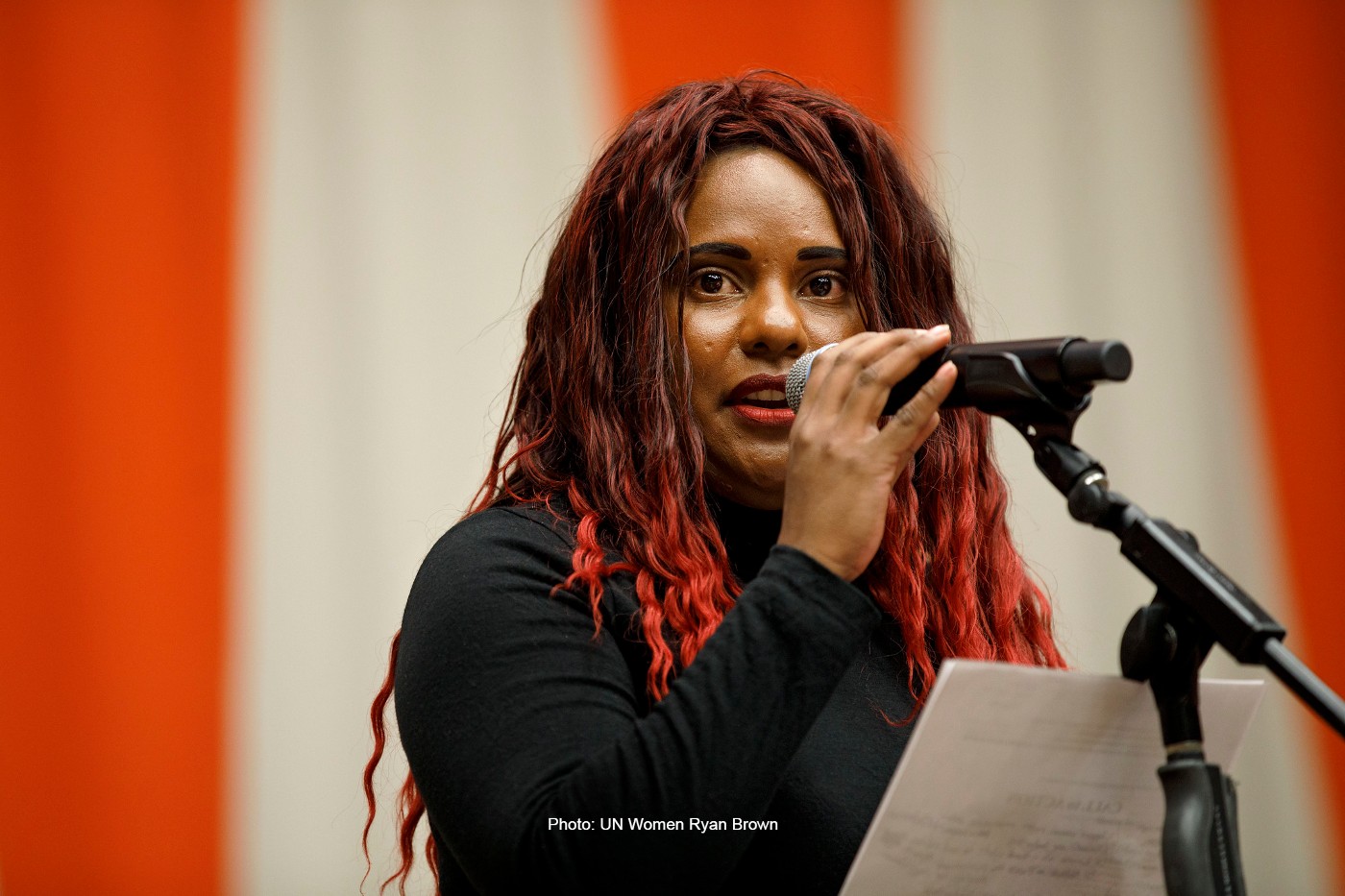- How can health organisations, through their leadership, walk the talk of advancing gender equality and health equity? Gender parity alone is not sufficient. We discussed going beyond parity to promote and build feminist leadership models that dismantle and transform oppressive power structures in institutions and organisations.
- Gain a better understanding of what feminist leadership means and looks like in practice.
- Co-organised by the United Nations University International Institute for Global Health (UNU-IIGH) and Creating Resources for Empowerment in Action (CREA).
- This event took place on Wednesday 07 December
- Read our related Think Piece, Transformative Feminist Leadership: What It Is and Why It Matters, by Srilatha Batliwala.
As we work in health-related institutions and organisations to advance gender equality and health equity, how do we make sure we do not perpetuate the very harmful structures and norms we are working to transform?
A growing discourse highlighting the importance of women in leadership as central to advancing gender rights and achieving health equity has translated into increasing calls for gender parity in leadership positions. However, evidence has shown that to ensure genuine and sustainable transformation, we need to move beyond parity as a tick-box exercise to transformative feminist leadership that tackles patriarchal and oppressive power structures. It is not just the gender of the leader that matters — the values and principles that underpin that leadership are essential.
Feminist leadership is committed to creating alternatives to hierarchies and transforming oppressive norms internalised by individuals and organisational cultures and structures. As such, feminist leadership can take different forms, adapting to particular contexts, representing an ongoing process of individual and collective learning and unlearning to develop more just and equitable organisations that meaningfully work towards health equity and gender equality. This webinar, organised by the United Nations University International Institute for Global Health (UNU-IIGH) and CREA, sought to hear from those that strive to put these changes into practice.
